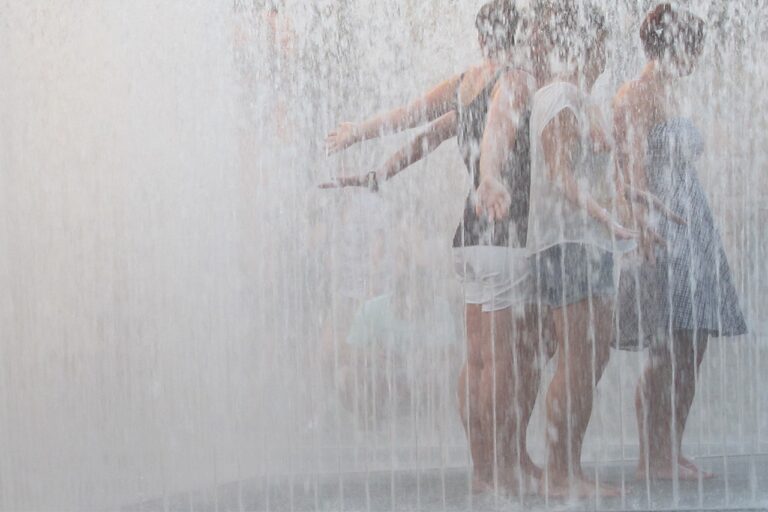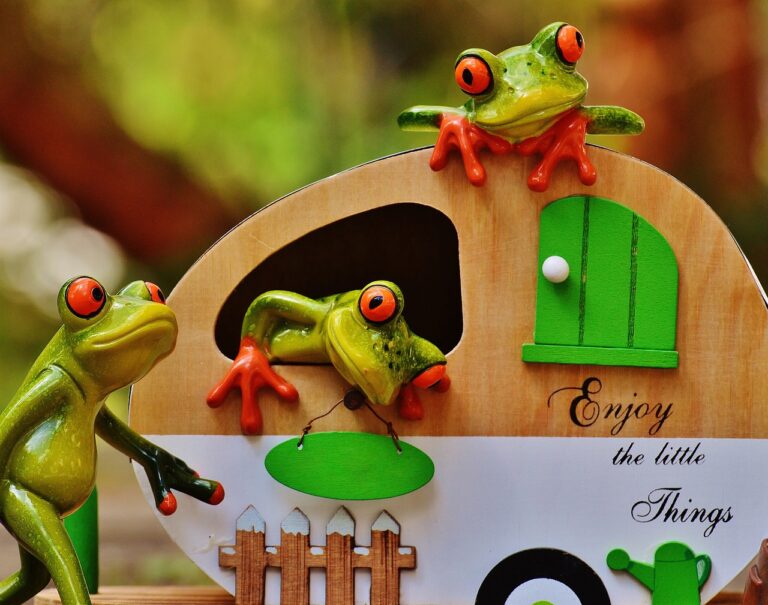Exploring Sound Editing in Experimental Cinema: My 99 exch, Laser book 247 com registration, Yolo247 club login
my 99 exch, laser book 247 com registration, yolo247 club login: Exploring Sound Editing in Experimental Cinema
Have you ever watched a movie that left you thinking about it long after the credits had rolled? Experimental cinema is a genre of filmmaking that pushes the boundaries of traditional storytelling and challenges viewers to think differently about the world around them. Sound editing plays a crucial role in experimental cinema, helping to create immersive and thought-provoking experiences for the audience.
In experimental cinema, sound editing is used not only to enhance the visual elements of a film but also to evoke emotions and provoke new ways of thinking. By manipulating sound effects, dialogue, and music, filmmakers can create a unique auditory experience that complements the visuals on screen. The result is a multi-sensory journey that can be both disorienting and captivating.
Experimenting with sound editing in cinema allows filmmakers to explore the boundaries of storytelling and challenge traditional methods of filmmaking. By incorporating unconventional sound techniques, such as mixing different types of sound effects or using abstract music compositions, filmmakers can create a sense of unease or disorientation that adds depth to their work.
One of the key aspects of sound editing in experimental cinema is the use of non-diegetic sounds. Unlike traditional films, where sound is used to enhance the visual elements of a scene, experimental filmmakers often use sound in unconventional ways to create meaning or evoke emotions. This can include incorporating sounds that are not directly tied to the visuals on screen or using sound to create a sense of atmosphere or mood.
Sound editing in experimental cinema also allows filmmakers to play with the perception of time and space. By manipulating the speed, pitch, and volume of sounds, filmmakers can create a sense of distortion or fragmentation that adds complexity to their work. This can help to create a sense of disorientation or challenge the viewer’s expectations, leading to a more immersive and engaging viewing experience.
In conclusion, sound editing plays a crucial role in experimental cinema, helping filmmakers to create immersive and thought-provoking experiences for their audience. By experimenting with sound techniques and pushing the boundaries of traditional storytelling, filmmakers can challenge viewers to think differently about the world around them. So next time you watch an experimental film, pay close attention to the sound editing – you might just hear something that changes the way you see the world.
FAQs
Q: What is experimental cinema?
A: Experimental cinema is a genre of filmmaking that pushes the boundaries of traditional storytelling and challenges viewers to think differently about the world around them. It often incorporates unconventional techniques and explores new ways of creating meaning through film.
Q: How does sound editing contribute to experimental cinema?
A: Sound editing in experimental cinema plays a crucial role in creating immersive and thought-provoking experiences for the audience. By manipulating sound effects, dialogue, and music, filmmakers can create a unique auditory experience that complements the visuals on screen and enhances the overall viewing experience.
Q: What are some examples of experimental films known for their innovative sound editing?
A: Some examples of experimental films known for their innovative sound editing include “Eraserhead” by David Lynch, “Koyaanisqatsi” by Godfrey Reggio, and “Meshes of the Afternoon” by Maya Deren. These films all use sound editing techniques to create a sense of unease, challenge traditional storytelling norms, and push the boundaries of cinematic language.







